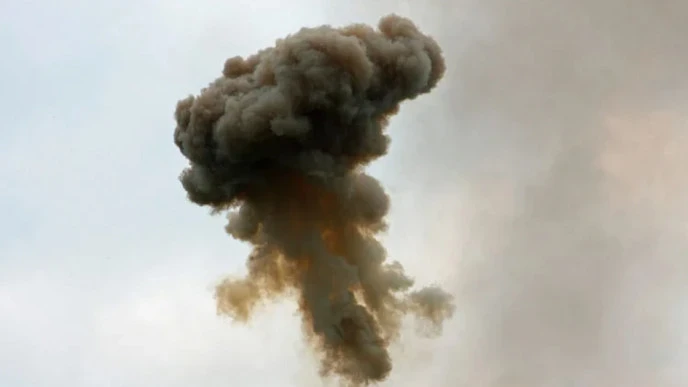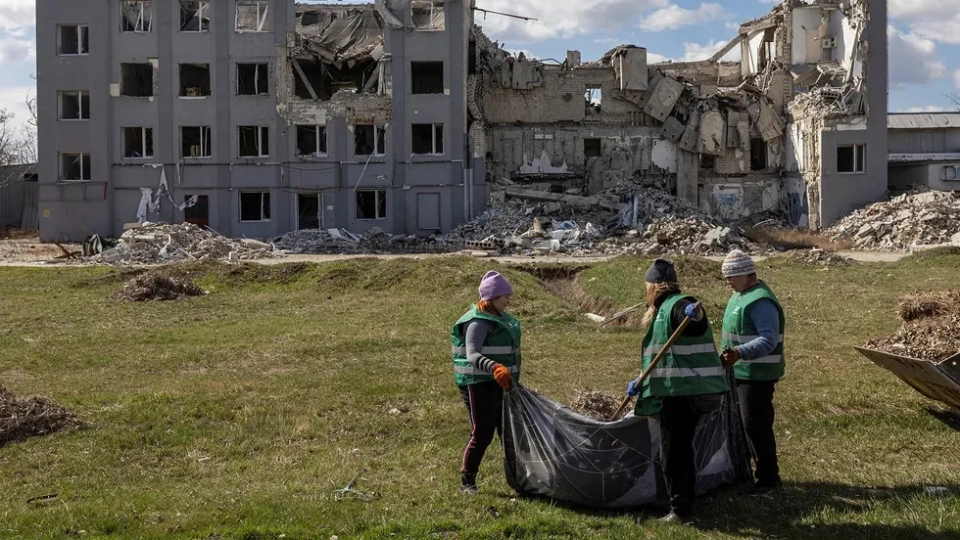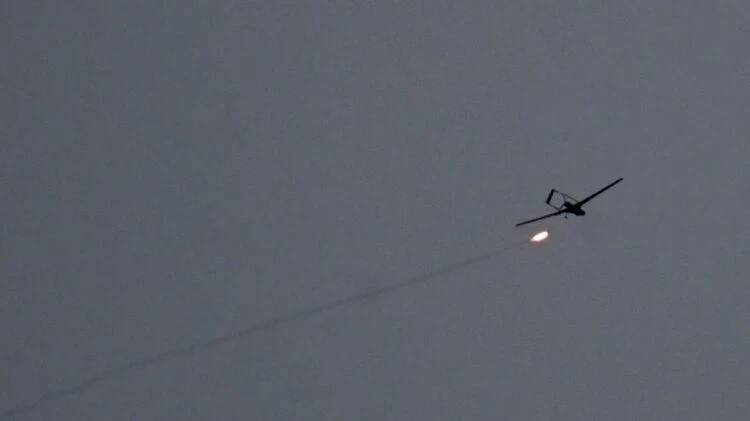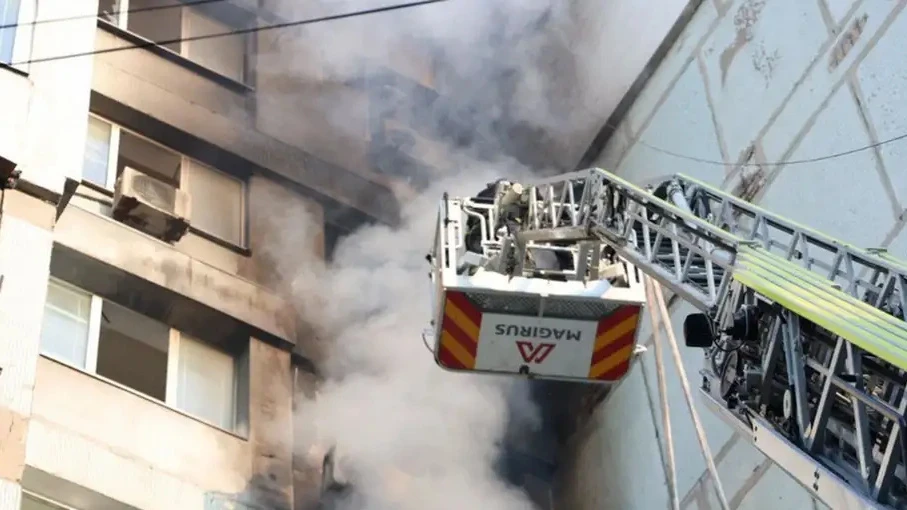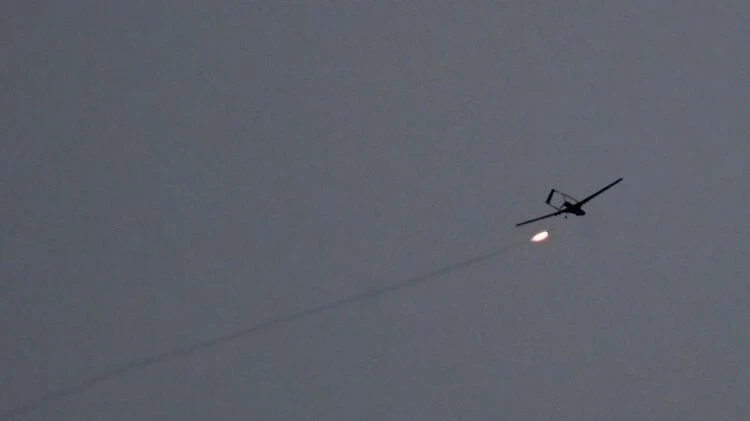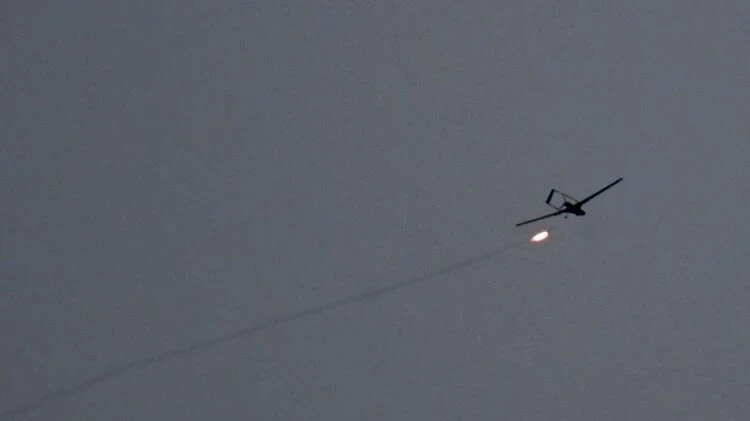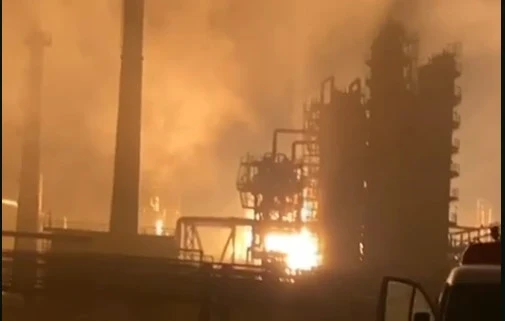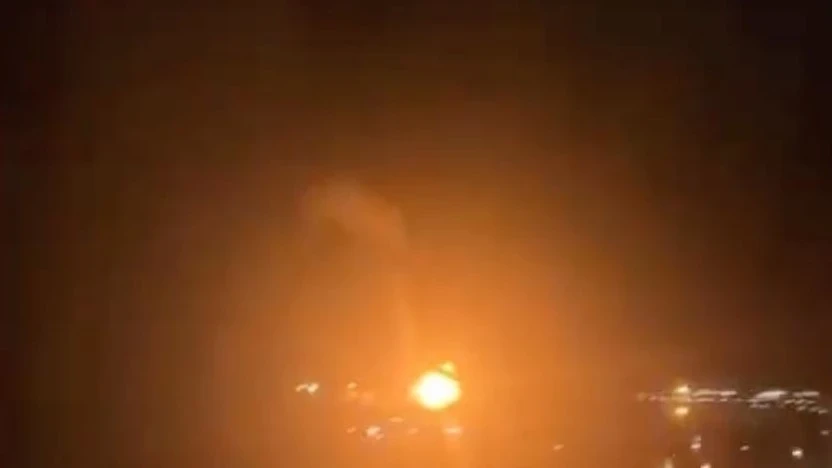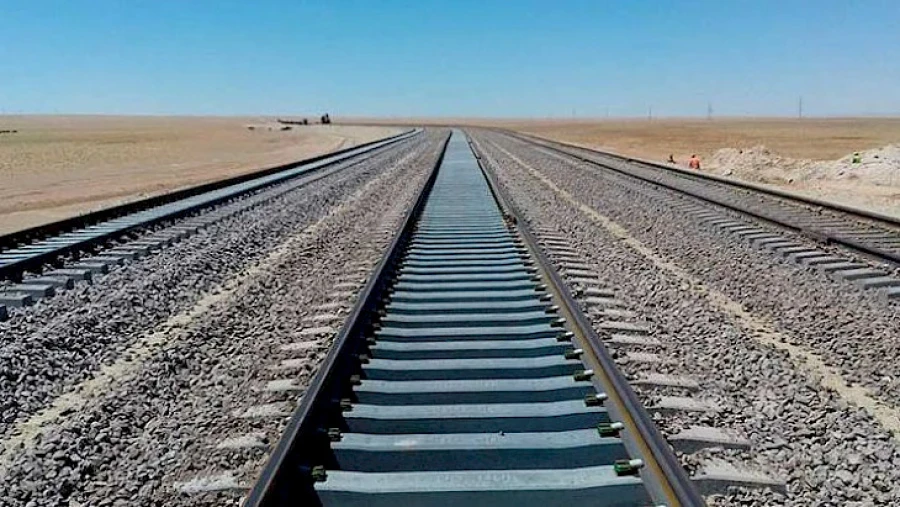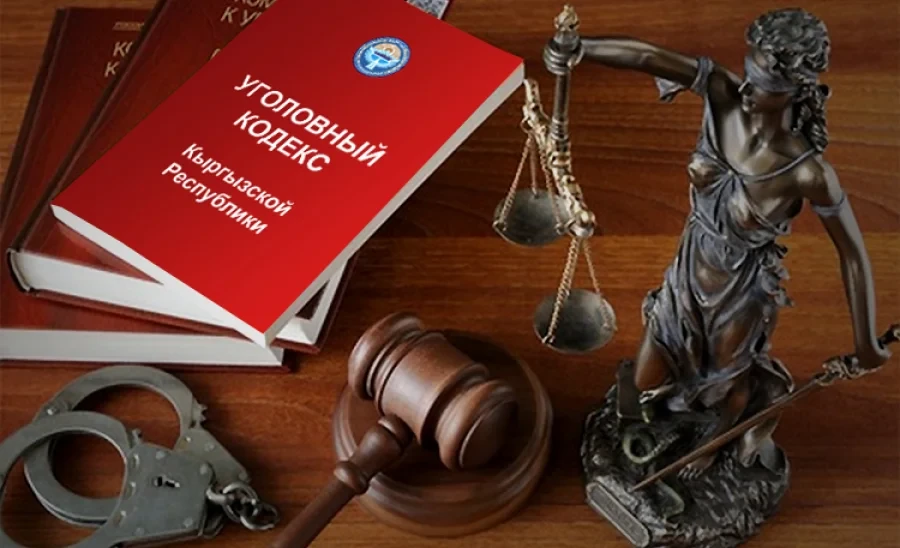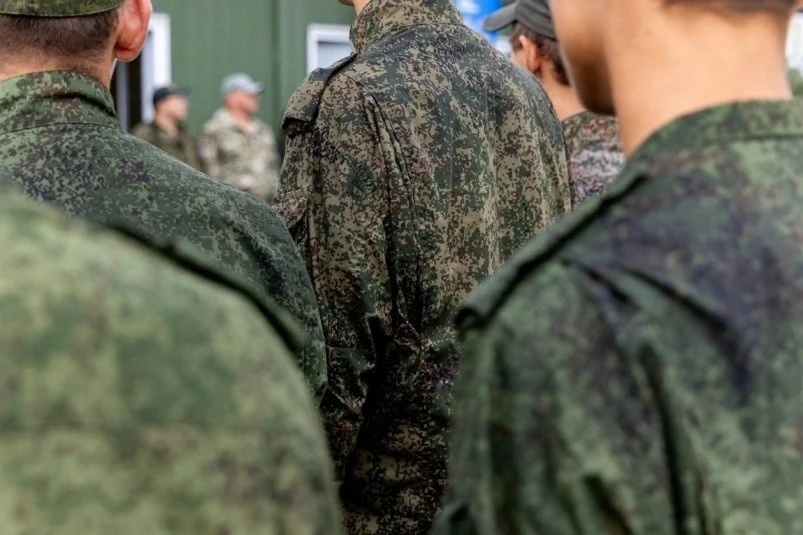
In Russia, an active program has begun to recruit volunteers into special units that will be responsible for protecting important facilities. The President signed a law on November 4 that allows the use of reservists in both peacetime and wartime. According to "Kommersant," recruitment is already underway in more than 20 regions of the country. Reservists, who will primarily be involved in countering enemy drones, will receive military status along with corresponding benefits and social guarantees.
Previously, "Kommersant" reported that the formation of specialized units of reservists began even before the new amendments to the law were adopted. In the Leningrad region, for example, authorities announced the creation of the BARS-47 unit to combat drone attacks and sabotage (see "Kommersant" from October 28). By mid-November, similar recruitment efforts had been launched in at least 19 regions of the country (see the map).
For instance, in Tatarstan, the recruitment of reservists for the protection of oil facilities started at the end of October, and in early November, the first group of 21 people departed for military training from Nizhnekamsk to Kazan, according to local TV channel NTR 24. In Bashkortostan, it is planned to create "mobile fire groups" from reservists to protect key facilities in the fuel and energy sector, including the Bashneft oil refinery and the enterprises of Ufaneftekhim and Gazprom. In the Nizhny Novgorod region, 15 reservists successfully passed selection at the Kstovo military enlistment office and will be sent to guard the region's critical infrastructure after training.
In the border regions of Belgorod, Bryansk, and Kursk, BARS units were established back in 2024, subordinate to local authorities and performing similar tasks to protect strategic facilities. Under the new reservist law, additional units are planned to be created in the Bryansk and Kursk regions, which will work alongside the already existing units. In Belgorod, it seems that the previous approach will remain in place.
Despite statements from representatives of the Ministry of Defense that reservists will act only within their region, there are no such restrictions in the law. However, as "Kommersant" reports, a standard contract that reservists sign upon joining BARS includes this condition.
The documents of the Nizhny Novgorod BARS-NN, for example, contain information that the Ministry of Defense "guarantees the fulfillment of tasks on the territory of the Nizhny Novgorod region." In border regions, the tasks of reservists are not limited to the protection of fuel and energy sector facilities and defense against drones: they will also participate in thwarting the actions of enemy reconnaissance and sabotage groups, in the evacuation of the population, and in maintaining the counter-terrorism operation regime.
It should be noted that individuals in the mobilization reserve will be called up to protect important facilities as part of special gatherings, the procedure for which will be established by the government. A draft of the corresponding decree, developed by the Ministry of Defense, was published on November 7 on the legal acts portal. According to this document, age restrictions for reservists depend on military rank: for soldiers and sergeants - up to 50 years, for junior and senior officers - up to 60–65 years. Candidates must have health no lower than category B, a minimum education of nine grades, and no criminal record.
The duration of participation in gatherings cannot exceed six months per year, and participants will receive military status with corresponding social guarantees. Reservists will receive payments for the time spent in gatherings while retaining their average salary from their main job, as well as additional bonuses and premiums depending on task performance. In the event of a reservist's death, their family is entitled to payments and benefits similar to those provided for military personnel.
The amount of monetary compensation, as "Kommersant" found out, varies depending on the region and the nature of service.
For example, in the Bryansk region, the monthly salary ranges from 40,500 rubles for enlisted personnel to 99,300 rubles for unit commanders, and an additional payment of 4,000 rubles is provided for each combat duty. Additionally, reservists will receive one-time payments from the Ministry of Defense (35,000 rubles) and from the regional budget (150,000 rubles for signing a six-month contract and 300,000 rubles for a one-year contract). In other regions, regular payments are significantly lower (for example, in Tula region and Bashkortostan - from 2,000 to 10,000 rubles per month, in Perm Krai - from 4,000 rubles).
Source: Kommersant


